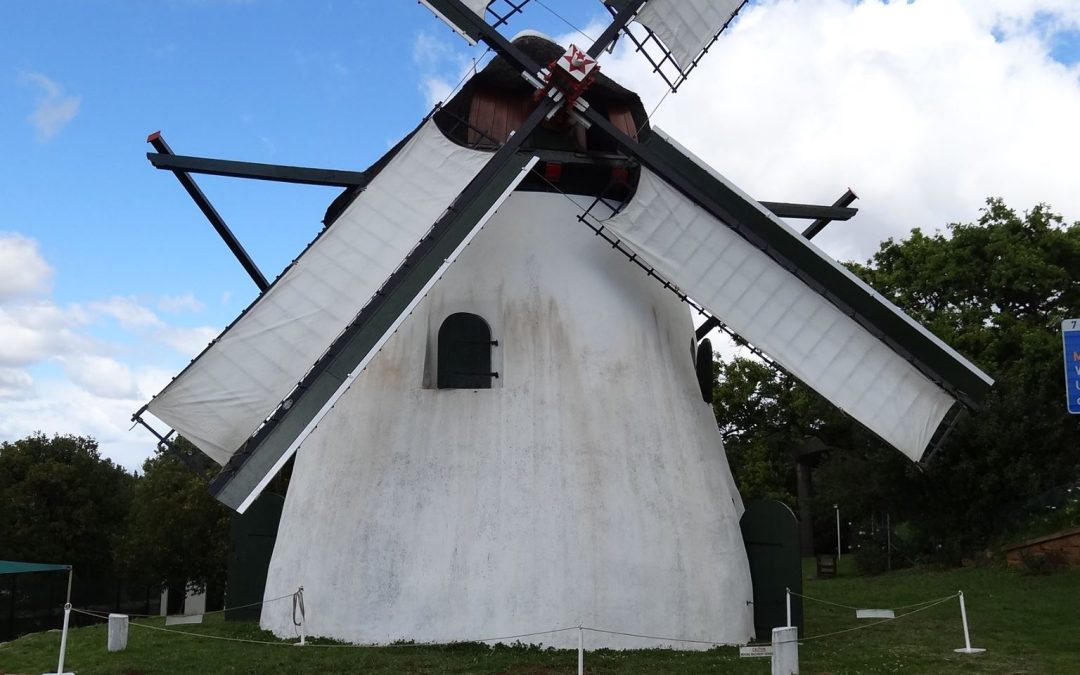By Alana Bailey
Rumours are prevalent amongst migrants about the impact of migration on your health, for example that someone who relocates from Africa to Europe or vice versa will catch a very bad cold or flu in the second winter season after the migration. Is this a fact or fiction?
Because it is so easy these days to travel between countries and as so many people from all areas do so on a daily basis, the health risks for people who migrate have increased.
It definitely is a fact that any relocation process causes a lot of stress ‒ and even more so when moving from one country to another. Stress takes its toll on one’s immune system and therefore it is wise to bolster your immunity before and after the migration process. This can be done by getting enough sleep, following a healthy diet that especially ensures that your body takes in the required amount of amino acids, getting sufficient exercise, using alcohol in moderation, but taking in enough liquids, and rather not smoking at all.
Part of the migration process is of course to determine what the health requirements of your destination country are ‒ do you need to get specific vaccinations, what information is required about your existing health conditions and which medical services or coverage will be accessible to you once you arrive in the other country?
It is even good to know about endemic diseases in the destination country, for example specific types of malaria in tropical areas, so that one can be aware of preventative measures and watch out for symptoms after arrival.
Migration can increase people’s vulnerability to disease. This applies particularly to those seeking low-skilled work or fleeing from areas of disaster or conflict, but it can apply to more affluent migrants as well.
Apart from personal factors such as age, gender, socio-economic status, genetic factors and existing health conditions, risks must be taken into account in every phase of the migration process. Four phases are distinguished, namely:
- The pre-migration phase: Here matters that will affect your health and access to services must be looked at, such as a comparison between the epidemiological profile of your country of origin and the destination, as well as whether you will cope linguistically in the new country if you were to need to communicate about a health problem.
- The movement phase: What is important here is how long your journey will take, whether you will use a safe mode of transport, the availability of health care en route and whether you will be exposed to any high-risk groups or other dangers such as conflict zones during the journey.
- Arrival and integration: Language, culture, the socio-economic environment in which you end up and the accessibility of medical care for someone with your type of residence status all play a role.
- Possible return to your country of origin: Conditions that have changed since your emigration, the period you have been absent, the socio-economic environment in which you end up and the accessibility of medical care for someone with your type of residence status once again play a role.
The stress that the migration process entails, not only affects the physical well-being of people, but can even negatively affect your mental health. Migrants must pay close attention to your own and loved ones’ state of mind and behaviour in order to identify early warning signals in this regard.
Whether the second winter sickness rumour is true could not be determined. People who have emigrated themselves will have to measure it by your own experience. However, it helps to know that migration will affect your health and to do everything possible to keep its impact as minimal as possible.









